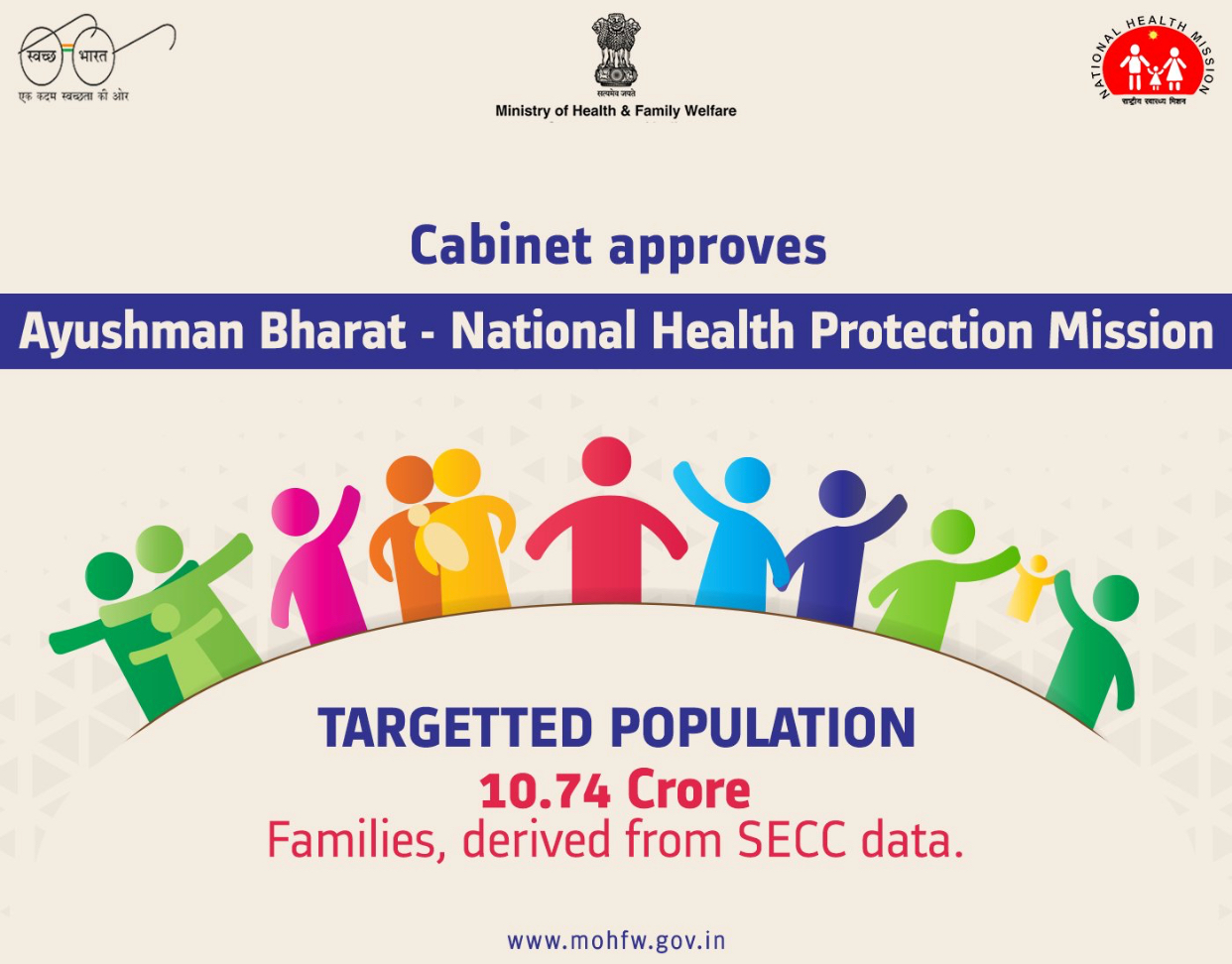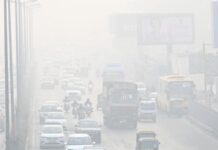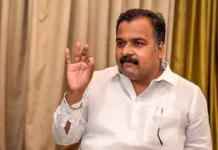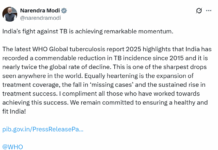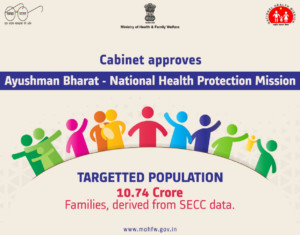 NEW DELHI: The health ministry has prepared a detailed timeline to ensure completion of all steps to enable rolling out of the National Health Protection Mission anytime after July, while allocating around Rs 10,000 crore for the project.
NEW DELHI: The health ministry has prepared a detailed timeline to ensure completion of all steps to enable rolling out of the National Health Protection Mission anytime after July, while allocating around Rs 10,000 crore for the project.
Claiming that the project is the world’s largest government-funded healthcare insurance programme, Union Health minister J P Nadda said his ministry wants to complete sharing of the latest Socio-Economic Caste Census (SECC) data with states by April 30, testing of IT systems and hospital empanelment by July 31.
The Cabinet gave its nod for the launch of Ayushman Bharat – National Health Protection Mission (AB-NHPM), which will provide coverage of Rs 5 lakh per family annually and benefit more than 10 crore families belonging to the poor and vulnerable sections of the society.
The centrally-sponsored scheme will target poor, deprived rural families and identified occupational category of urban workers families, 8.03 crore in rural and 2.33 crore in urban areas, as per the latest SECC data, and will cover around 50 crore people.
“The states will be allowed to implement the scheme through insurance companies or Trust/Society or a mixed model,” Nadda said, adding it will be an entitlement based scheme with entitlements decided on the basis of deprivation criteria in the SECC database.
Deprivation categories in rural areas include, families having only one roof with kutcha walls and roof, families having no adult member between age 16-59, SC/ST households and landless households deriving a major part of their income from manual casual labour.
Also, families without shelter, destitute, those living on alms, manual scavenger families, primitive tribal groups, and legally released bonded labour in rural areas will be included.
For urban areas, 11 defined occupational categories, including rag-pickers, beggars, domestic workers, cobblers, hawkers, construction workers, plumbers, painters and security guards are entitled under the scheme.
To control the cost factor, payment for treatment will be done on package rate basis and it will be cashless transaction for the beneficiaries.
In the first phase of the launch, the packages will cover mostly all life-saving surgeries except for organ-transplant.
According to an official, the ministry wants to be done with the preparation of the packages by April 15.
Nadda thanked Prime Minister Narendra Modi for his “visionary leadership” and constant guidance in the scheme, and said NHPM is a major step towards universal health coverage.
“It will protect around 50 crore people from catastrophic healthcare spending. The coverage of Rs 5 lakh for each family has no restriction of family size and age. This will give underprivileged families the financial support required when faced with illnesses that require hospitalisation,” he said.
The beneficiaries can avail the benefits of the scheme in both public and empanelled private facilities.
Nadda said AB-NHPM will leverage on Comprehensive Primary Healthcare through health and wellness centres for preventive, promotive and curative care, and will ensure seamless continuum of care.
He said this will avoid overcrowding and improve quality of care at secondary and tertiary facilities, provide universal health coverage and make the services equitable, affordable and accessible.
Health Ministry officials said the government has allocated Rs 10,000 crore for the scheme on initial estimation for the financial years 2018-19 and 2019-20.
According to an official statement, AB-NHPM will subsume the ongoing centrally sponsored schemes, the Rashtriya Swasthya Bima Yojana and the Senior Citizen Health Insurance Scheme and will take care of almost all secondary and most of tertiary care procedures.
For giving policy directions and fostering coordination between the Centre and sates, it is proposed that Ayushman Bharat National Health Protection Mission Council be set up at the top level.
Further, an Ayushman Bharat National Health Protection Mission Governing Board will be set up. Ayushman Bharat – National Health Protection Mission Agency would also be set up, which will be headed by an independent CEO, for the implementation of the scheme.
Nadda said approval has been given to the comprehensive healthcare as part of this, the ministry is converting 1.5 lakh health sub-centres into wellness centres, which will have universal screening for breast, cervix and oral cancers along with care for diabetes, hypertension and other ailments.
“This will lead to timely treatment, improvement in health outcome, patient satisfaction, improvement in productivity and efficiency and job creation, and thus leading to an improvement in the quality of life,” the government had said in a statement. PTI

